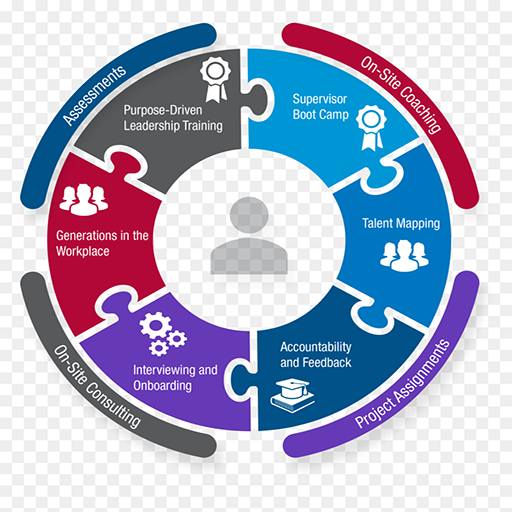Pedagogical Opportunities for Formation of Intercultural Tolerance Competence in English Language Classes
Abstract
In this article, the problems and factors of the upbringing of tolerance at schools are demonstrated. Pedagogical opportunities of formation tolerance on the younger generation and also the importance of knowledge in understanding intercultural communication in the education process are clarified in it.
References
Declaration of Principles of Tolerance // UNESCO International Normative Documents.T .: Adolat, 2004.
G.N. Serikov. “Factors of Pedagogical Influence on the quality of selflearning
students” Bulletin of the South Ural State University. Ser.Education. Educational Sciences. 2017, vol. 9, no. 3, pp. 22–36
Abu Raykhan Beruni. Translations. T. Heritage, 1991
Mirotovskaya I.V. The formation of tolerance in senior students of secondary schools in the process of legal education: Diss. ... Ph.D. - Cheboksary, 2004. - P.82-84
T.X.Akbarov, U.B.Orunboev. KGPI Batken State University, Kyrgyzstan "Problems of formation of tolerance in the educational process". Ziyonet.library.uz
Kudratova U "Factors of formation of interpersonal tolerance in the educational process and the activities of teachers in it" .ziyonetlibrary.uz
Akromova G.R. Fostering tolerance in the student is a requirement of the time. // “Education and development newspaper, August 8, 2012, Fikr.uz.

In submitting the manuscript to the International Journal on Integrated Education (IJIE), the authors certify that:
- They are authorized by their co-authors to enter into these arrangements.
- The work described has not been formally published before, except in the form of an abstract or as part of a published lecture, review, thesis, or overlay journal.
- That it is not under consideration for publication elsewhere,
- The publication has been approved by the author(s) and by responsible authorities – tacitly or explicitly – of the institutes where the work has been carried out.
- They secure the right to reproduce any material that has already been published or copyrighted elsewhere.
- They agree to the following license and copyright agreement.
License and Copyright Agreement
Authors who publish with International Journal on Integrated Education (IJIE) agree to the following terms:
Authors retain copyright and grant the International Journal on Integrated Education (IJIE) right of first publication with the work simultaneously licensed under Creative Commons Attribution License (CC BY 4.0) that allows others to share the work with an acknowledgment of the work's authorship and initial publication in this journal.





1.png)
